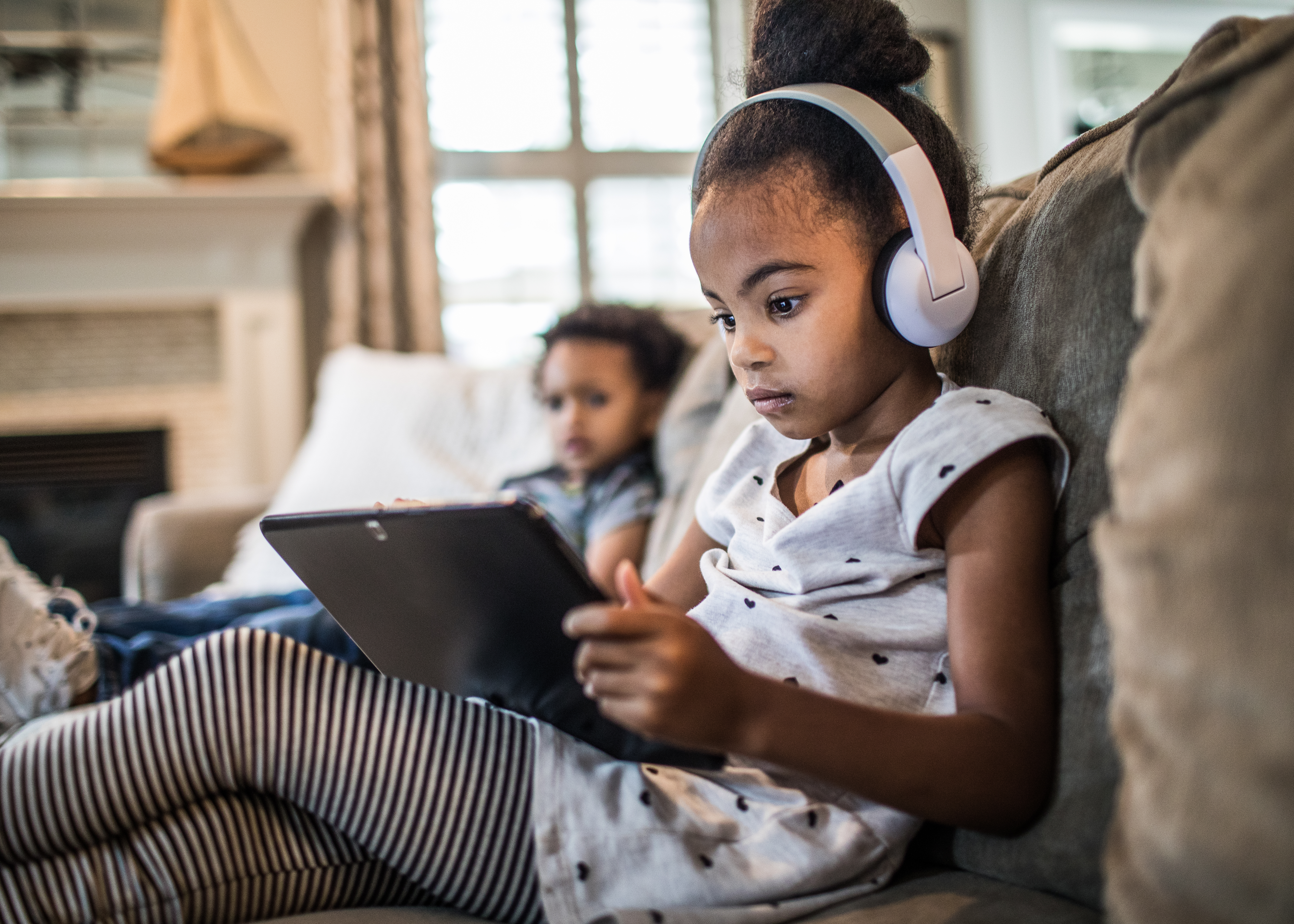As schools around the country have closed due to the COVID-19 pandemic, many educators fear student learning could suffer from the “Coronavirus Slide.”
Schools began closing in March and many are expected to remain closed until the new school year begins in August or September. This six-month gap in learning could have profoundly detrimental impacts for all students, but the damage could be even greater for those learning to read. These students, especially those in special education and at-risk for learning disorders, may find remote learning even more challenging than others.
To help close this learning gap, University of Connecticut professor of psychology Dr. Fumiko Hoeft and Haskins Laboratories president and UConn professor of psychology Kenneth Pugh will work with the Haskins Global Literacy Hub and educators around the country to test the efficacy of an online learning program that gamifies literacy acquisition. The team has received funding through the National Science Foundation’s RAPID program for this project.
Haskins Laboratories is a New Haven-based independent research non-profit institute formally affiliated with the University of Connecticut and Yale University, and dedicated to the study of the biology of language, speech, and reading. Haskins Global Literacy Hub is an international partnership formed through these and other national/international organizations.
Hoeft, an internationally-recognized neuroscientist and senior scientist at Haskins Laboratories, says she had been bombarded by emails from teachers in her network about the need for better tools to successfully navigate the quick shift to remote learning.
“There’s a strong need for this kind of effort that can be scaled broadly and is evidence-based,” Hoeft says.
The team is recruiting 100 K-1 public school teachers across the nation for this project using social media, word-of-mouth, and their connections to districts, organizations, and advocacy groups to assemble the cohort.
These teachers will incorporate a technology-based instructional reading program called GraphoLearn into their remote teaching. GraphoLearn was developed by Haskins Global Literacy Hub members at the University of Jyväskylä in Finland and at Cambridge University in the United Kingdom.
GraphoLearn has been used in all schools in Finland for over a decade, with results comparable to small-group intensive instructions in those at risk for reading failure. These results were achieved by developing essential phonological and letter-sound decoding skills through game-like activities.
The students will play on their home devices as their teachers proctor the program during instructional time over 12 weeks. Researchers will administer online reading and related tests to assess students’ progress.
This study will not only assess the detrimental impact of COVID-19 school closures, but will provide teachers and students with the tools they need right now. The researchers hope to begin the project across the country as early as May 1.
“This is essential work for the country: It will help us understand whether technology-driven, evidence-based learning can reduce the harm of this awful pandemic,” says Devin Kearns, associate professor of special education at UConn’s Neag School of Education, and a research scientist for Haskins Labs. “Equally important: We will help literally thousands of American children learn to read in just the next few months. We ask educators — from the district office to the classroom — to join us in this important work. Help us help your students and others across the nation.”
While access to technology is a challenge for many students right now, this program can run on most tablets and cell phones with and without internet service, making it much more accessible to children in homes without internet service or coverage.
“I think it could be deployed more widely than other forms of remote learning, because you don’t need Wi-Fi or a computer to play the game,” Hoeft says.
This study will have ramifications beyond the current situation, says Hoeft. It will help assess if educational technology can prevent closure-related slides from summer break or other unforeseen interruptions due to natural disasters. It will also provide guidance for teaching in remote areas where there are not trained reading specialists.
“We’re hoping it’ll have a general impact on learning what ways work for remote learning more broadly,” Hoeft says.
The team is currently preparing a website to recruit participants. Those interested in participating can email Hoeft (fumiko.hoeft@uconn.edu) with subject “COVID slide.”
Other key personnel include Nicole Landi at UConn, Noam Siegelman and Mark Van Den Bunt at Haskins Labs, John Sabatini at the University of Memphis, and Michael Milham at the Child Mind Institute.



